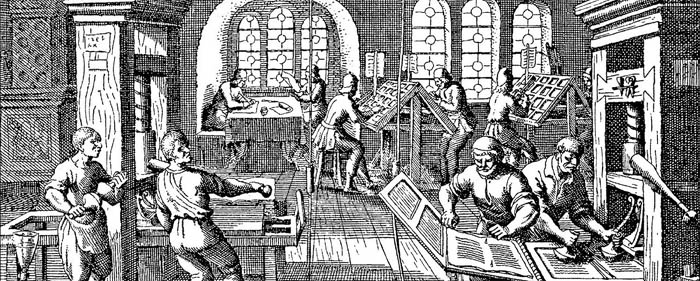According to Wikipedia, “Free-market anarchism, or market anarchism ... is the branch of anarchism that advocates a free-market economic system based on voluntary interactions without the involvement of the state.” It follows that anarcho-capitalism is a type of market anarchism, as is the individualist anarchism of Benjamin Tucker along with the so-called “left libertarianism” of the folks at the Center for a Stateless Society. The question arises: Why do anarcho-socialists think that they are socialist rather than capitalist?
Let’s start with some definitions of capitalism and socialism as systems of thought.
capitalism - an economic system based on private property and free markets socialism - an economic system based on caste-based collective property
Traditionally, socialism has utilized the labor theory of value to explain the oppression of the lower classes in society, but that does not seem to be the defining characteristic.
Mutualism is considered "socialism" because of its foundation on the labor theory of value. Socialism, however, has never been a mere intellectual discourse upon why the labor theory of value was supposedly a superior line of academic thought. Socialism is not and never has been a "club". Socialists have always been motivated by a passion for social justice as best they understand it. - Brad Spangler, Market Anarchism as Stigmergic Socialism
If one uses the “system based on the labor theory of value” as a definition of socialism, then Benjamin Tucker is both capitalist and socialist. Using our preferred definition of socialism based on caste-based collective property, Tucker is clearly capitalist, and not socialist at all.

What do we mean by “caste-based” in our definition of socialism? In capitalism, any individual or group may own resources. There is no special caste that can own land, or capital goods, or mineral rights - such things are legally open for all to own. If you homestead it or buy it then you own it regardless of who you are or what "class" you are assigned. On the other hand, socialism restricts ownership rather severely. In most sects, only current workers can own capital goods. In socialist theory, only people who remain in close physical proximity to their property can retain ownership in land or capital goods. Absentee owners risk getting dispossessed. Caste restrictions allowing ownership only to current workers or current possessors, or for statist socialism only to party members and cronies of such, are characteristic of all socialist systems. Under capitalism, anyone can own anything provided they follow entitlement theory just transaction criteria, but under socialism only certain people or types of people may own certain classes of resources.
Can socialism as defined above be anarchist? Yes it can, if the caste system is voluntary. Obviously, if people voluntarily joined a religious monastery and agreed to some priestly hierarchy, then no aggression or compulsory government has occurred. (So long as they are free to opt out.) Such voluntary hierarchies do not conflict with anarchism as such, although other objections might be made. Similarly, people who fervently believe that only current workers should own capital goods may create an intentional community (aka covenant community or proprietary community) without creating a compulsory government.
Are such anarcho-socialist communities capitalist? To answer, let’s look at the definition. Does such a socialist intentional community support free markets? Most ansocs (barring a few hard-core sectarian anarcho-communists who oppose all markets) endorse markets, and foresee anarcho-socialist collectives engaging in trade with each other, either using barter, labor-time notes, or a ledger. So they satisfy the free market criteria in our definition of capitalism. Do anarcho-socialists support private property? Yes, since their collective factories and farms are merely examples of firms - firms which claim ownership over capital goods and land. Even though socialists pretend that their enterprises are somehow anti-capitalist, they are in fact joint stock companies (closely held by current workers.) Their firms assert private property rights over their machines and tools and land in exactly the same way that overtly capitalist firms do. Thus, these market forms of anarcho-“socialism” are actually capitalist.
However, we may wish to distinguish overtly capitalist firms and philosophies from the “in the closet” forms of capitalism. What should we call the more socialist forms of capitalism that left libertarian market anarchists favor? I suggest that we refer to market-friendly forms of socialism as “conducted capitalism.” Why? Because normal anarcho-capitalism relies on cosmos, that is, emergent processes aka “invisible hand” processes. The conducted capitalists instead rely on group planning and management, not just within each firm but for their intentional community’s economy. “Conducted” seems to be the opposite of “stigmergic,” yielding a duel to Brad Spangler’s idea of anarcho-capitalism as stigmergic socialism.
To summarize: A better name for anarcho-socialism is “conducted capitalism.” Conducted capitalism is based either on a proprietary community, wherein the community “home owners association” owns private property in land, or on closely held joint stock companies, where only the workers at a firm own it. (Which form depends on the particular sect or school of conducted capitalism.) Anarcho-capitalists should note that there is nothing wrong with worker collectives as such; they are just another partnership or joint stock firm. Nothing to get hung up about.
